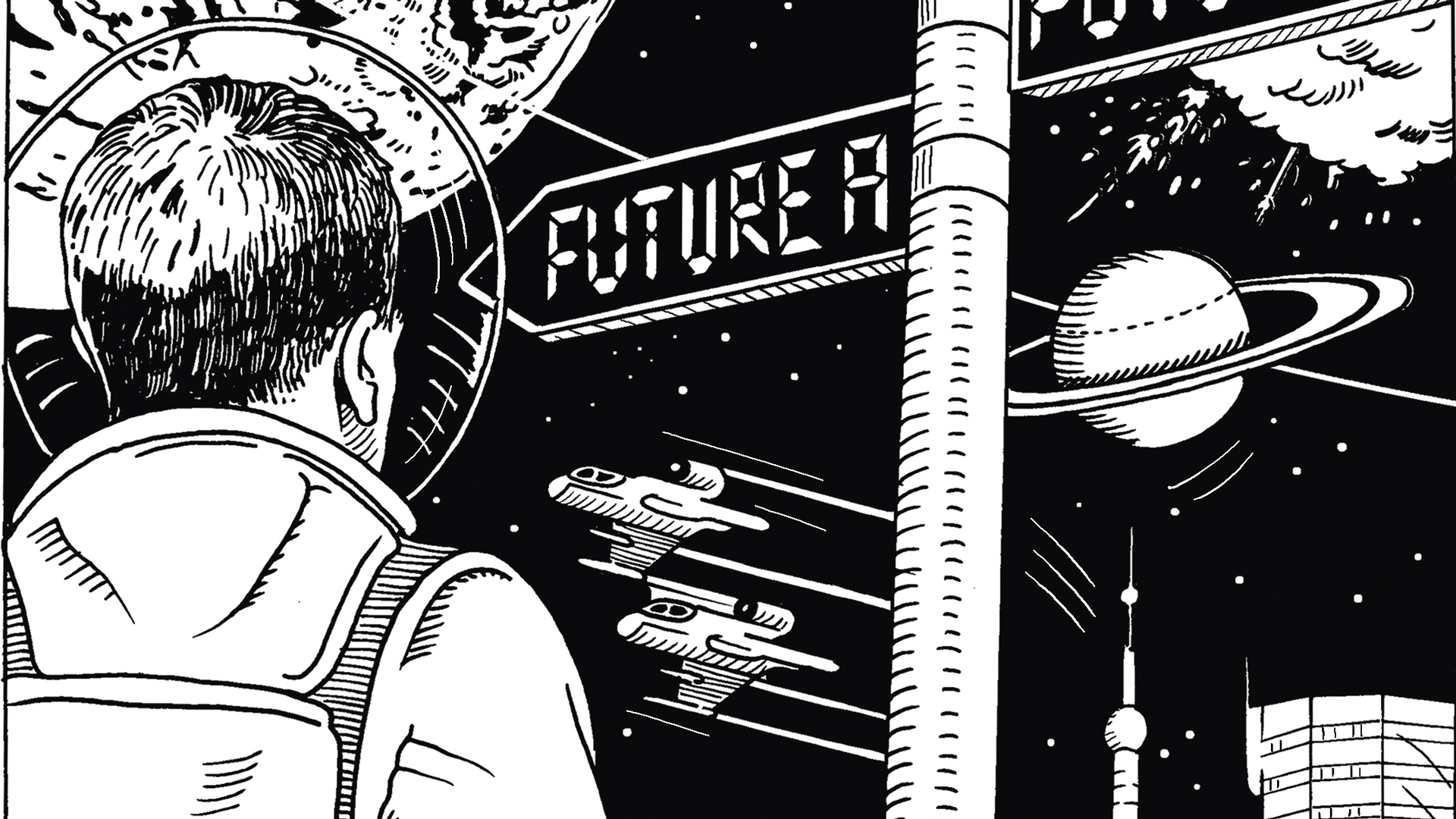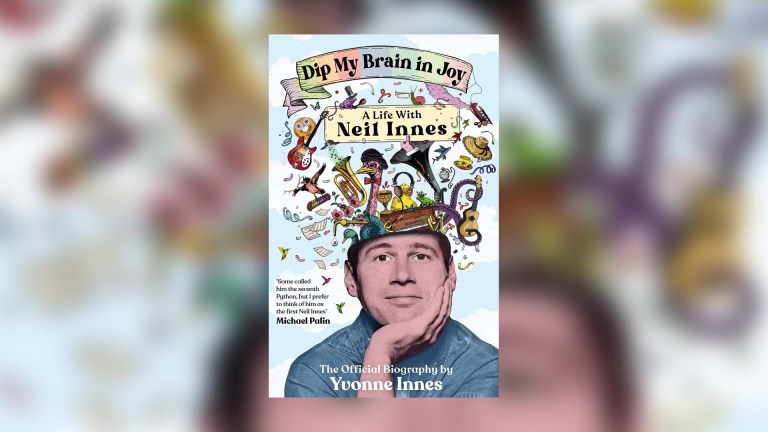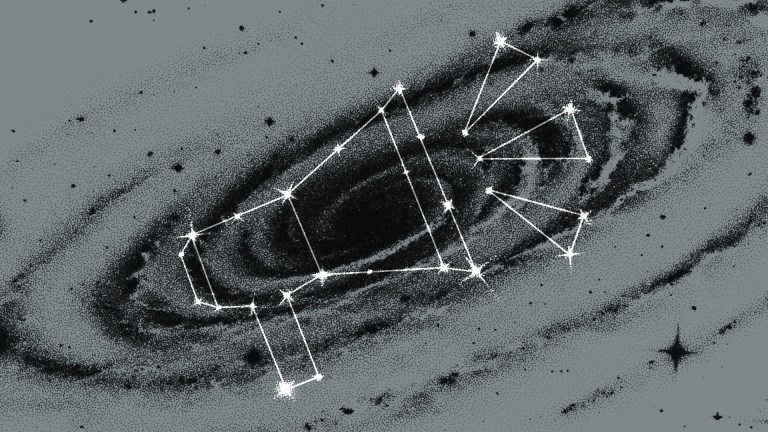It is now 36 years since William Gibson unleashed Neuromancer upon the world. That glorious, seminal work, astonishingly his debut novel, birthed the cultural movement that would become known as cyberpunk – Gibson is credited with inventing the term “cyberspace” – and instantly placed its author at the pinnacle of speculative fiction.
Twelve novels on, Gibson, now in his 70s, remains essential – each new work is a big deal for readers like me, who adore his coupling of super-intelligent science fiction and literary smarts. Gibson is in essence a superior thriller writer and a science geek who sets his books in a wholly plausible near-future. His dystopian cyberworlds, with their augmented humans, powerful AIs and droolingly tantalising tech-kit are brilliantly worked through, recognisably evolved extensions of today’s emerging digital reality.
Agency, his latest, slots perfectly into the Gibson canon. It is a sort-of-prequel, sort-of-sequel – let’s call it a companion – to his last book, The Peripheral. It shares many of the same characters and the same technological developments and rules. In short – and precis can never do justice to the sophisticated tendrils of his work – humans in the 2100s are able to communicate via technological means with people in the present day. The future humans are the survivors of a close-run species annihilation, and seek to guide their predecessors towards better decisions, in the hope of avoiding calamity.
In Agency, a Trump presidency has somehow been avoided, Hillary Clinton is in the White House, and Brexit never happened. Here, Gibson allows his liberal tendencies to show, but to his credit and for the book’s credibility, the point is never laboured. A nuclear war, beginning in Turkey, is looming, which will be the beginning of the end – the race is on to stop it.
Agency, like The Peripheral before it, does two smart things: it allows us to look into the near future and see what we might yet become, and it provides a window back onto our own time from that future. This double perspective, along with plenty of chases, explosions and fights, plus a healthy dollop of humour, makes the book as intellectually stimulating as it is a compulsive page-turner. Kudos too for chapter names that might be song titles from the next Radiohead album, such as App Whisperer, Area 51 Shit, Churchill’s Waistcoat Pocket and Open Plan Anxiety.
Where Agency is a window, Peter Stamm’s The Sweet Indifference of the World is more like a mirror. Its main character, a middle-aged writer called Christoph, meets a young woman called Lena who appears to be a doppelganger for his lost love Magdalena, and who has a writer boyfriend called Chris.









